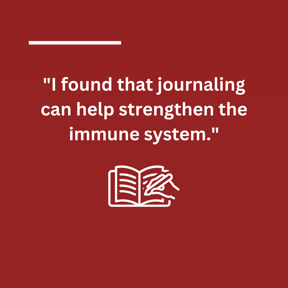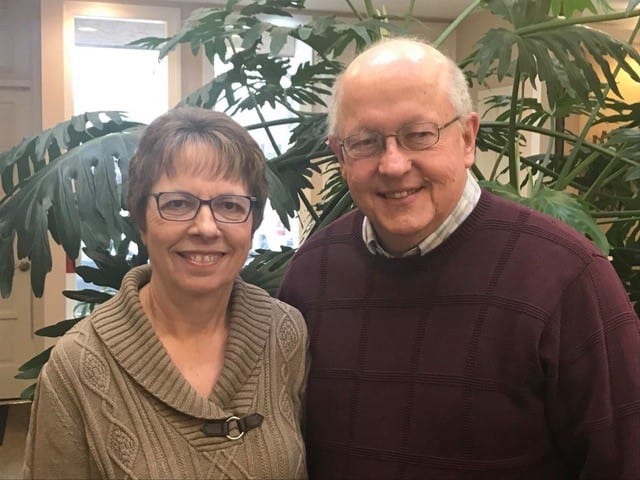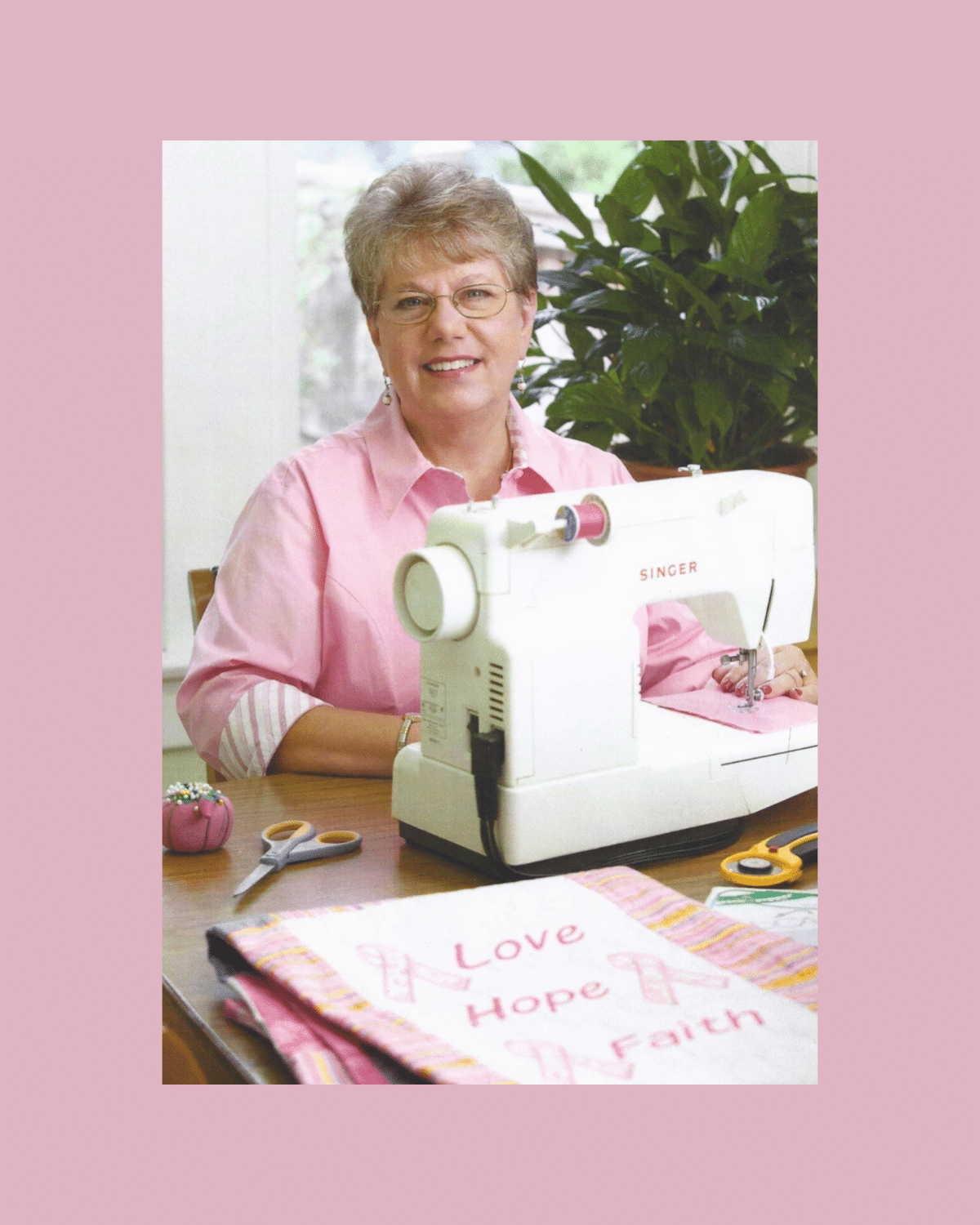Meet Nancy
The following is an interview a member of our staff conducted with participant Nancy Fritz! We’re excited to share her story and hope she inspires...

A cancer diagnosis impacts each person differently, and each person copes in their own way with a vast range of emotions, for cancer survivor Tom Heinmiller that was no exception. Tom found his outlet through writing, which can be very therapeutic for cancer survivors.
Before being diagnosed with cancer, Tom had an enormously successful career in the technology industry for 46 years; now, he spends his time as an avid volunteer with experience in hospice care and addiction counseling. He also has done extensive work helping inner-city residents find jobs and has coached prisoners on life skills. Over the last year, Tom’s main focus has been helping other cancer survivors understand their personal journey and educating them on the community resources available.
“I felt the best way to be of service to others who have cancer was to share my own experiences,” offered Tom. So he began writing a blog: http://tuesdayatthejames.blogspot.com/.
Using this vehicle, Tom explores his emotions, sorts out his feelings about the hand he  has been dealt, and offers meaningful advice based on his own experiences. He contemplates the stages he has gone through on his journey with cancer and offers inspirations that have helped him through each day. Tom is a regular participant at Cancer Support Community, and he discusses how his experiences here have been beneficial.
has been dealt, and offers meaningful advice based on his own experiences. He contemplates the stages he has gone through on his journey with cancer and offers inspirations that have helped him through each day. Tom is a regular participant at Cancer Support Community, and he discusses how his experiences here have been beneficial.
We were impressed with Tom’s insights and asked him to do some guest blogging on our site. This is the first of what we hope will be many guest blog articles by Tom Heinmiller.
Something to Write About, by Tom Heinmiller
I have written a great deal about how a cancer diagnosis impacted my identity and my
subsequent need to reinvent myself. It is always amazing to me how some almost accidental encounter can solve such a big issue.
In my job, I had to keep a daily record of each one of my sales calls; although it was called a call report, it was really just a journal of my daily activities both in person and on the phone. When I saw that the Cancer Support Community was offering a journaling class, I decided to attend. After just one session, I not only found a key building block for my new identity, I was hooked on journaling! I believe a lot of it had to do with Cancer Support Community’s Program Director, Angie Santangelo’s way of making it simple but meaningful.
In the journaling class, we started with a mind map about cancer, which provided us with an almost unlimited number of topics to write about. Some of the topics we discussed were extremely important to me, such as what we were thinking and how we were coping with our diagnoses.
Later that night, I went home and did some research about journaling to see what the experts had to say and found multiple articles on what I refer to as my “trusted cancer sites,” including The James, MD Anderson, The Mayo Clinic, and John Hopkins. Each had a reference to a recent study by Pennebaker, so I searched it out and read it.
http://homepage.psy.utexas.edu/HomePage/Faculty/Pennebaker/Reprints/Pennebaker&Chung_FriedmanChapter.pdf (Content no longer available.)
Now I had something to really sink my teeth into! I have a very low white blood count, so I have been researching everything I could find on how to improve my immune system. I was sure some supplement would solve my problem; however, everything I found seemed to be refuted in a subsequent article – the fact is that good nutrition seemed to have an impact – but nothing is known for sure.
After reading this article, I found that journaling can help strengthen the immune system.
There is increasing evidence that journaling has a positive impact on the physical well-being of cancer patients. University of Texas at Austin psychologist and researcher James Pennebaker has discovered that regular journaling strengthens immune cells called T-lymphocytes. Pennebaker concludes that writing about stressful events helps one face them, thus reducing the impact on physical health.
Scientific evidence supporting these findings suggests that journaling:
In addition, keeping a journal allows you to track patterns, trends, improvements, and personal growth over time. When current circumstances appear insurmountable, you will be able to look back on previous dilemmas that you have since resolved.
I have converted my journaling into blogging, so please take a look: http://tuesdayatthejames.blogspot.com/ . If you would be interested in setting up a blog, please contact me at cancerheadandneck@gmail.com. I would be glad to help you.

The following is an interview a member of our staff conducted with participant Nancy Fritz! We’re excited to share her story and hope she inspires...

There is no explaining how you feel when your doctor says, “you have cancer.” This diagnosis was so overwhelming that I was not myself, and my...

There are many wonderful things we have to be thankful for here at Cancer Support Community, but our amazing team of volunteers sits at the top of...